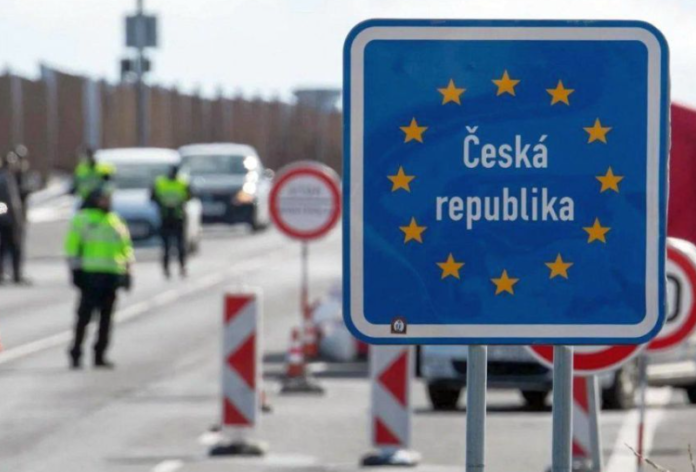On December 24, 2023, President of the Czech Republic Petr Pavel signed a law that defines the conditions for continuing the status of refugee protection and, at the same time, complicates the conditions of stay. Particular attention is paid to the opportunity to return Ukrainians to their homeland and even provide for financial support for those who decide to return voluntarily.
According to the new law, Ukrainian refugees will be entitled to defense until March 31, 2025. During this time, they are obliged to register electronically from January to March 15 next year. However, since September 2024, the duration of refugees in free urgent housing will be reduced to 90 days compared to the current 150 days. The exception is made for the vulnerable sections of the population.
In addition, the new version of the law cancels the possibility of creating special classes or branches for Ukrainian children and students in schools. Educational institutions will be able to adjust the content of education only for Ukrainian children, students and students with temporary protection of less than one year.
It is stated that the law provides for the possibility of "voluntary return" of Ukrainians to their homeland. The government can assist, paying for some of the costs associated with returning, mainly in the territory of Ukraine. The foreigner can only use this help once, submitting an application no later than three months before the expiration of his / her residence permit.
To date, there are about 380 thousand Ukrainians in the Czech Republic. According to the Ministry of Labor and Social Affairs, 123 thousand Ukrainian refugees are already working in full time, which is 60% of the total number of those who have temporary protection in the Czech Republic.
In particular, Ukrainian refugees have become an important part of Czech society and economy, but new restrictions and conditions raise questions about their future in the country. The Czech Republic, which operates within the limits of laws and regulations, tries to find a balance between giving protection to those who need it and the management of migrants.


